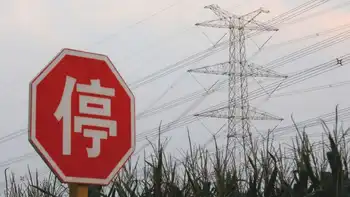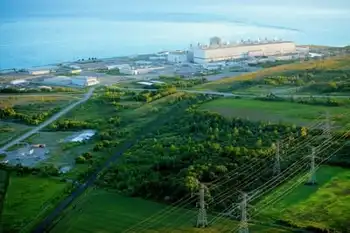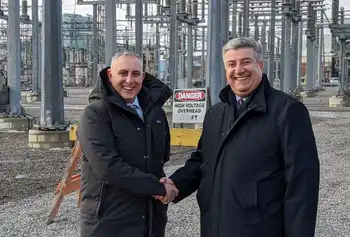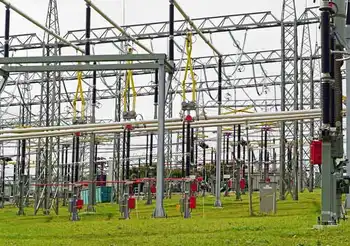ONTARIO POWER GENERATION NOTIFIES CUSTOMERS OF 2001 RATE CHANGE
By
Substation Relay Protection Training
Our customized live online or in‑person group training can be delivered to your staff at your location.

- Live Online
- 12 hours Instructor-led
- Group Training Available
Toronto, ON. -- Ontario Power Generation (OPG) today announced that effective June 1, 2001 all energy charges to its wholesale customers will increase by 0.7 cents per kWh or about 8 per cent.
OPG President and CEO Ron Osborne noted that revenues associated with this rate change will go to the Ontario Electricity Financial Corporation (OEFC). "This is the first increase in wholesale electricity rates in the last eight years, given that there has been a rate freeze since 1993," Osborne stated. While this freeze helped protect consumers and businesses over this period, it did not provide a sufficient revenue stream to address the old Ontario Hydro debt.
Retail consumers also face a possible increase in the rates charged by Hydro One, which transmits the electricity, and by distribution utilities, which deliver electricity at the retail level.
According to OPG, in the past 8 years overall inflation increased by about 15 per cent since the price freeze was first announced.
"This means that the real cost of power for the consumer is now 15 per cent less than it was in 1993. In the meantime, environmental and fuel costs have been rising," Mr. Osborne said.
Since 1990, OPG and the former Ontario Hydro have spent about $2 billion to improve environmental performance.
"Environmental-related costs are expected to increase in the years ahead and represent a significant cost pressure within the North American electricity sector," Mr. Osborne added. OPG anticipates that its environmental expenditures alone could be as high as $1 billion over the next few years.
OEFC is responsible for managing and paying down this debt. In the year ending March 31, 2000, the OEFC debt increased by $852 million to over $31.3 billion for the fiscal year 1999-2000.
Ontario Energy Minister Jim Wilson responded to the rate increase, saying there could be further increases in rates, particularly when the government deregulates the electricity industry, which it has promised to do.
"I'm not ruling that out," Mr. Wilson said in an interview. "At the same time, over the long term, we expect prices would be better than they would be without a competitive environment."
Mr. Wilson said that the revenue from the rate increase is needed to cover payments on the debt of $31.3-billion incurred to build the generating plants and transmission grid of the now defunct Ontario Hydro.
The Energy Minister argued it is also needed to cover the costs necessary to make the generation of electricity less damaging to the environment, including the conversion of the Lakeview generating station in Mississauga to natural gas rather than coal.











